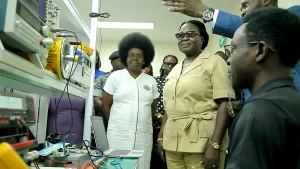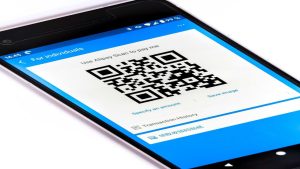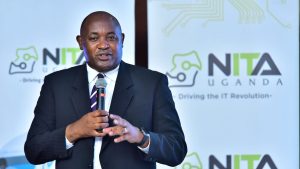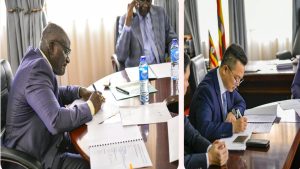Share
While sitting in one of the most well-known coffee shops, which doubles as a gathering place for many of our respected computer experts, I heard a conversation that caught my attention. Three individuals were having a lengthy conversation in which they bemoaned how Uganda’s lack of an internet protocol was preventing them from advancing technologically.
Their comments struck a chord with me and raised a lot of questions. In what manner could Uganda’s technical innovation develop smoothly in the absence of its own internet protocol? I saw that in order for the country to advance toward technological self-sufficiency and global competitiveness, this fundamental infrastructure was required. I started my investigation to see if Uganda, with all of its IT experts, lacked an internet protocol.
To begin with, in the digital age, having access to power and water is practically as essential as having an internet connection these days. By connecting individuals, organizations, and countries, it promotes economic growth, innovation, and communication. Uganda is extensively reliant on the internet for many aspects of daily life, much like many other countries. However, a less well-known but no less significant framework exists within the immensity of cyberspace: the Internet Protocol (IP). The way Ugandans engage with the internet is influenced by this framework.
Even though many Ugandans may be used to using the internet via their laptops, smartphones, or other devices, the basic mechanisms that enable this connectivity are frequently confusing. The Internet Protocol, which regulates the transmission of data packets between devices linked to various networks, is the foundation of the internet. Understanding this protocol might help you better understand how data travels over the vast network of connected devices.
Fundamentally, the Internet Protocol is a system that assigns an IP address, or unique numerical identification, to every device connected to a network. These addresses serve as virtual IDs that allow data to be routed accurately from its source to its destination. Like anywhere else in the world, Ugandan internet-connected devices are assigned an IP address. Typically, these addresses consist of a series of digits divided by commas, as 192.168.0.1, for instance.
Why Should Ugandans Be Concerned?
Understanding a Ugandan Internet Protocol is crucial for several reasons:
Security: Users can strengthen their defenses against cyberthreats including malware, phishing, and hacking by learning IP addresses and the data transfer protocols over networks. By taking preventative measures and being aware of the risks associated with sharing sensitive information online, Ugandans may safeguard their digital privacy and security.
Network Performance: Several factors can impact how dependable and efficient an internet connection is, such as IP routing, network congestion, and quality of service. Understanding how data moves across networks helps users make informed decisions about internet service providers (ISPs) and optimize their network configurations for better performance.
Digital Rights: With Ugandans using the internet increasingly frequently, worries about digital rights, free speech, and online censorship have grown in importance. By understanding the technical aspects of internet protocols, Ugandans may effectively advocate for laws that foster internet accessibility and openness while reducing the risks of censorship and surveillance.
Innovation and Development: With a deeper understanding of internet protocols, Ugandans can participate more actively in the digital economy by developing locally relevant applications and services, leveraging cutting-edge technologies like the Internet of Things (IoT), or adding to the global digital marketplace.
Digital Rights: With Ugandans using the internet increasingly frequently, worries about digital rights, free speech, and online censorship have grown in importance. By understanding the technical aspects of internet protocols, Ugandans may effectively advocate for laws that foster internet accessibility and openness while reducing the risks of censorship and surveillance.
Innovation and Development: With a deeper understanding of internet protocols, Ugandans can participate more actively in the digital economy by developing locally relevant applications and services, leveraging cutting-edge technologies like the Internet of Things (IoT), or adding to the global digital marketplace.
Digital Rights: With Ugandans using the internet increasingly frequently, worries about digital rights, free speech, and online censorship have grown in importance. By understanding the technical aspects of internet protocols, Ugandans may effectively advocate for laws that foster internet accessibility and openness while reducing the risks of censorship and surveillance.
After conducting research, I discovered that Uganda is the only nation in Africa to be a member of 3GPP, an organization that is still in charge of developing the Mobile Broadband Standard and is putting more and more of an emphasis on connecting the internet of things, regardless of whether one is in need of extremely dependable low-latency communications or energy-efficient, low-cost, low-power sensors and devices. Uganda is an ETSI member as well.
Essentially, Ugandan government agencies and tech experts must utilize this protocol, plug it in, and develop upon it. Go to these two websites, www.etsi.org and www.3gpp.org, to learn about the sole African protocol that is owned by Ugandans and that not even our government’s tech experts are aware of. One needs to email those two organizations in order to find it and plug it in to begin using it.












